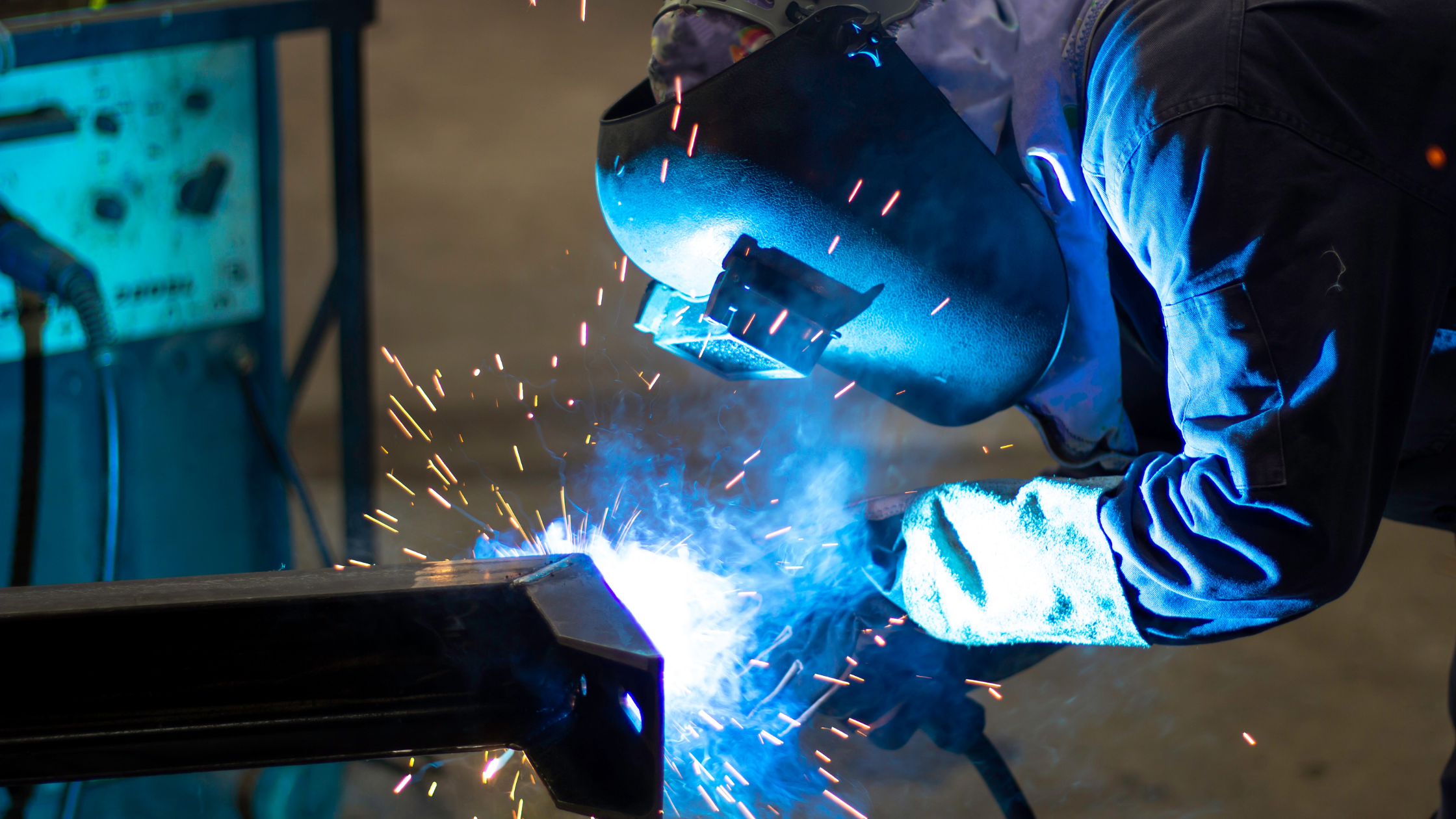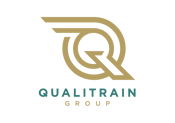Level 2 General Welder (arc processes) Apprenticeship
Solidify the skills of your team
A General Welder works with metals to create high-strength welds in 2 welding positions, using at least 1 arc welding process.
Welding is a way to make high strength joints between two or more parts. General Welders use high electrical energy to form an arc. Manual dexterity is essential in controlling the arc, which is used to melt metals, allowing them to fuse together to form a structurally sound weld.
Welding is used extensively and in almost every sector of industry. There is a high demand for skilled General Welders in areas such as: automotive, marine, transport, general fabrication, construction and many more. General Welders produce items like components for cars; ships; rail vehicles; simple metallic containers; and steelwork for bridges, buildings and gantries. Welding is a safety critical occupation and every welder takes responsibility for the quality and accuracy of their work. General Welders are required to produce joints that satisfy basic quality standards in order to ensure that the finished products function correctly, contributing to the safety of all and the global quality of life.
Skilled, qualified, professionally certified General Welders can work anywhere in the world and provide services in harshest of environments. For these accomplished professionals, the monetary rewards can be significant.
There is a highly complex range of welding skills: the different arc welding processes require different levels of manual dexterity, knowledge and skill to avoid making defective welds. There are a wide range of metallic materials that can be welded, each with different properties and behaviours.
Role requirements of a general welder
General Welders will have the skill to:
- Produce good quality welds using two welding process/material type combinations (TIG, MMA, MIG/MAG, FCAW) and (Carbon and Low Alloy steel, High Alloy Ferritic/Martensitic Steel, Austenitic Stainless Steel, Nickel and Nickel Alloys, Aluminium and Aluminium Alloys) in two welding positions (Downhand, Horizontal, Vertical, Overhead).
- Attain a qualification in accordance with one of the following standards: ISO 9606 / ASME IX / BS4872 / AWS D1.1, determined by the employer. N.B. These qualifications are regarded as licences to practice in welding.
- Achieve a quality of work to meet international standards for dimensional and surface inspection (Visual, Magnetic
- Particle Inspection and Dye Penetrant Inspection).
- Position, prepare and check the welding equipment.
- Receive, handle and maintain consumables
- Prepare, check and protect materials and work area ready for welding.
- Complete and check the finished weld ready for inspection and report into the production control system.
- Ensure that health and safety requirements are fully accounted for in all the above.
General Welders will have the knowledge to:
- Be aware of the basic mechanical properties and weldability of welded materials.
- Understand the common arc welding processes, joint types (fillet, lap, butt, etc.) and positions.
- Understand the major components of welding equipment and the essential parameters for welding.
- Understand the terminology, operation and controls for the selected arc welding processes, joint types and welding positions.
- Identify and understand the causes of typical welding defects and how their occurrence can be reduced, for the materials and welding processes selected.
- Understand the functions of welding consumables and the requirements for correct storage and handling.
- Be able to identify and select correct welding consumables for each application.
- Understand and identify hazards and basic health, safety and quality requirements when welding.
- Know how to interpret and work to a welding procedure specification.
- Know the basics of welding quality documents and reporting systems.
General Welders will display the following behaviours:
- A questioning attitude, to understand the processes and associated industrial applications. Maintaining competence with a commitment to Continuing Professional Development.
- Planning and preparation to ensure production and Continuing Professional Development goals are achieved.
- Intervention, to challenge poor practices and channel feedback to the appropriate authorities to implement change.
- Reliability and dependability to consistently deliver expectations in production, quality, work ethics and self-development.
- Accountability, to follow the specified procedures and controls and be personally responsible for their production work and personal development.
More information about the Core Knowledge and Skills, and the entry requirements can be found here.
Looking For Engineering Training?
Discover Qualitrain Engineering Academy
Qualitrain Engineering Academy provides Engineering, Welding and Fabrication training and Apprenticeships from our training facility in Alfreton, Derbyshire.
At Qualitrain, our accreditations and awards reflect our unwavering commitment to quality, excellence, and industry-leading standards. Each certification and accolade we hold is a testament to the trust our clients place in us and the dedication of our team to delivering exceptional training and support.
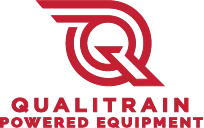
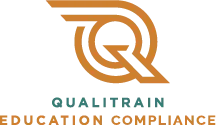

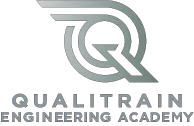

What Our Clients Say About Us
Our Accreditations & Awards








.webp?width=150&height=150&name=IPAF%20Member%20(1).webp)
Our Accreditations & Awards





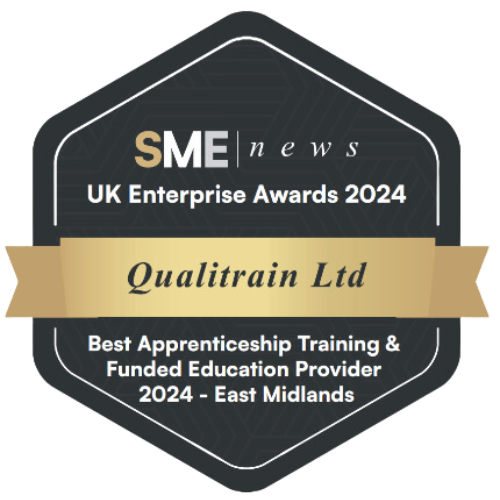



.webp?width=150&height=150&name=IPAF%20Member%20(1).webp)
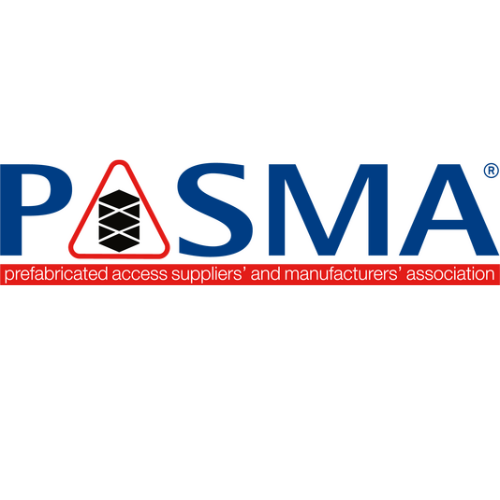

Contact Information
Address: Genesis Centre, 32-46 King Street, Alfreton, Derbyshire, DE55 7DQ
Phone Number: 01773 417340
Email Address: info@qualitrain.co.uk

Get In Touch With Us!
From Our Blog
Stay up to date with what is new in our industry, learn more about the upcoming products and events.

Essential Skills You’ll Learn In A Maintenance Technician Apprenticeship

How Improvement Technicians Are Able To Drive Business Efficiency
